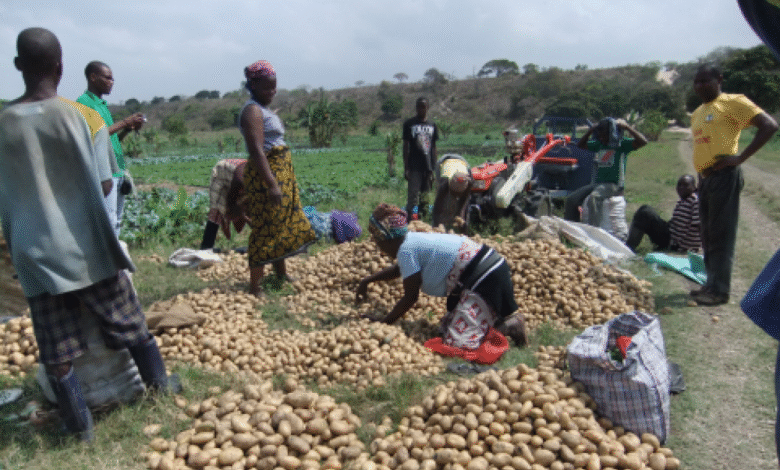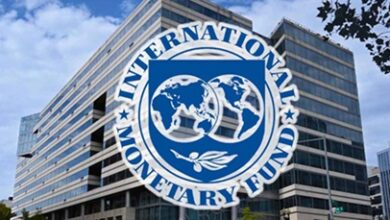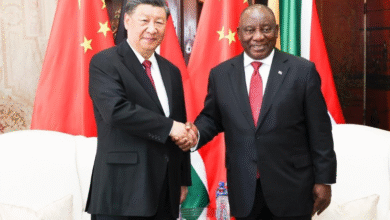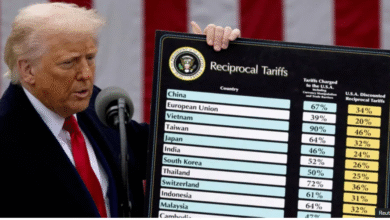Gates Foundation Commits $1.4bn to Support Climate Adaptation in African and South Asian Farming Communities

Communities across Africa and South Asia that rely on rain-fed agriculture are facing increasingly unpredictable weather patterns, affecting food production and household incomes. To support these communities, the Bill & Melinda Gates Foundation has announced a $1.4 billion commitment over the next four years to expand climate adaptation solutions in regions most affected by droughts, flooding, heat stress and land degradation.
The announcement was made at COP30 in Belém, Brazil, where discussions are focused on scaling local-led adaptation strategies.
“Smallholder farmers are feeding their communities under very challenging conditions,” said Bill Gates, Chair of the Foundation. “This commitment is intended to support tools and resources that strengthen resilience.”
Addressing a Financing Gap
Farmers in low-income countries produce roughly one-third of the world’s food, yet less than one percent of global climate finance is directed toward helping them adapt to climate impacts.
Multiple studies indicate that increased investment in adaptation can prevent future losses. The World Bank has reported that targeted adaptation could raise GDP in vulnerable economies by up to 15 percent by 2050. The World Resources Institute also estimates that every dollar invested in adaptation generates more than $10 in long-term economic benefits.
“Climate adaptation is both an economic and development priority,” said Mark Suzman, CEO of the Gates Foundation. “Many farmers are already adjusting to new conditions, but they require stronger support systems.”
Scaling Practical Solutions Already in Use
The new commitment will expand solutions that have shown measurable impacts in rural food systems, including:
• Digital advisory services: Mobile platforms providing seasonal forecasts, planting calendars and pest alerts tailored to local conditions.
• Climate-resilient crops and livestock: Varieties and breeds developed to withstand drought, heat and emerging pests.
• Soil health programmes: Approaches that restore degraded farmland and improve productivity.
Part of the investment includes a $30 million partnership with the Novo Nordisk Foundation to support soil science research.
Partnerships Already Producing Results
Several adaptation initiatives linked to earlier climate commitments are currently in use:
• The AIM for Scale programme delivered localized weather-based SMS advisories to nearly 40 million farmers across India during the 2025 monsoon period.
• A partnership between TomorrowNow and the Kenya Agricultural and Livestock Research Organization (KALRO) is providing localized weather updates to over 5 million farmers in Kenya, with plans to extend coverage to Tanzania, Malawi and Zambia.
These partnerships demonstrate how digital tools and research institutions can help farmers anticipate climate risks, adjust planting cycles and protect yields.
Supporting Local Leadership
A central focus of the investment is to strengthen initiatives designed and led within farming communities themselves. The Foundation emphasized that climate adaptation strategies are most effective when developed with local knowledge, local institutions, and local implementation capacity.
The commitment is aligned with the Foundation’s goal of supporting long-term poverty reduction and improving rural livelihoods.




